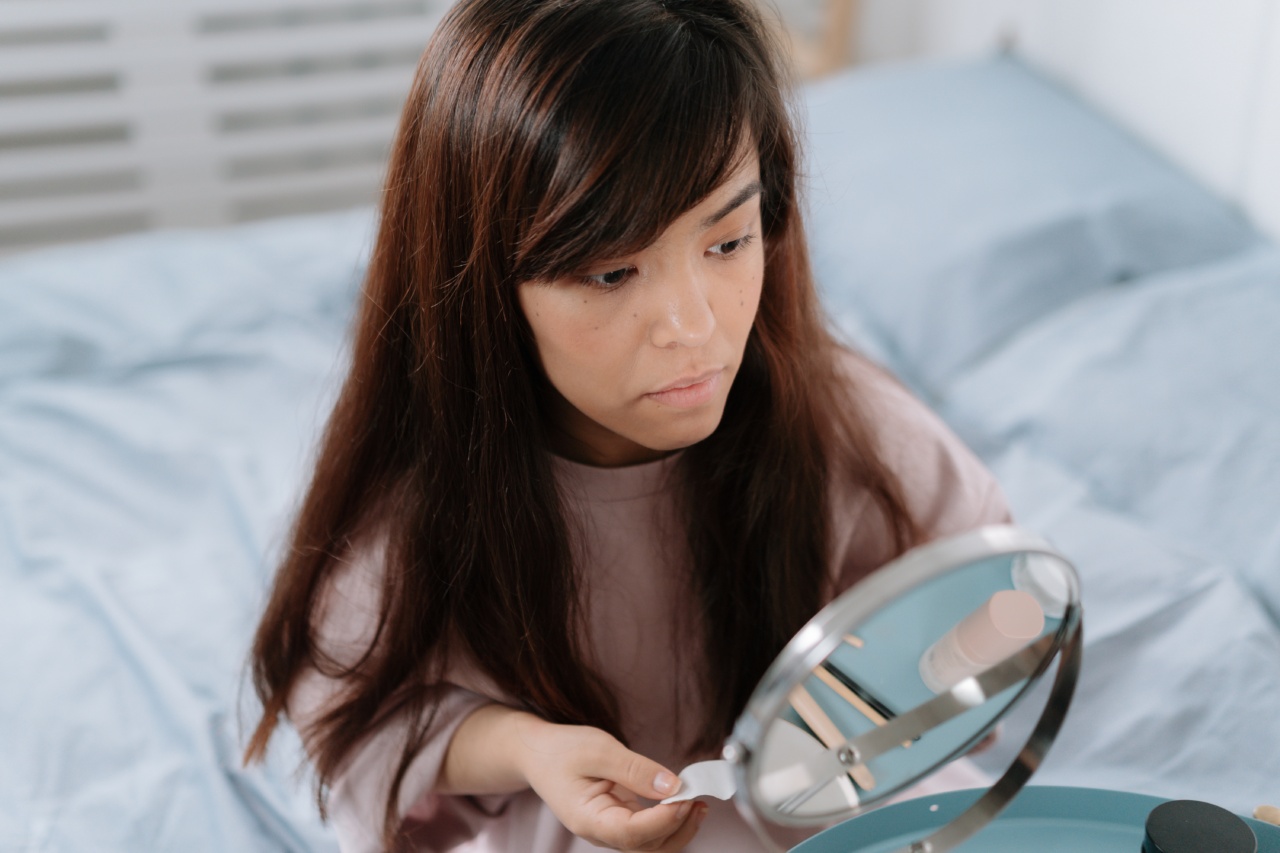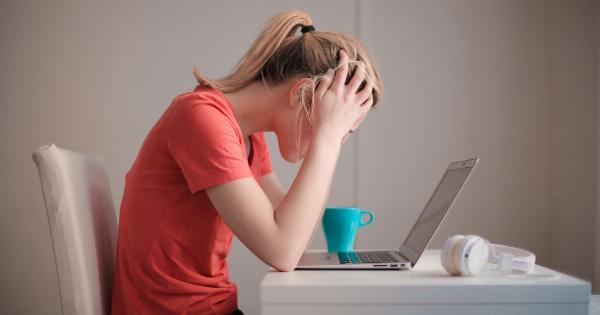Getting a good night’s sleep is essential for maintaining good health. The quality of your sleep affects your mood, energy levels, ability to focus and memory recall.
One of the keys to a good night’s sleep is to avoid doing things that can interfere with your body’s natural sleep cycle. Here are 10 things to avoid before bedtime.
1. Watching TV or Using Electronic Devices
One of the most common mistakes people make is watching TV or using electronic devices late into the night.
The blue light from devices like computers, smartphones and tablets can interfere with the production of melatonin, the hormone that regulates sleep. This can make it harder for you to fall asleep and stay asleep. Avoid using electronic devices an hour or two before bed to promote better sleep.
2. Consuming Caffeine
Caffeine is a stimulant that can keep you awake and alert. It’s found in coffee, tea, soda, chocolate and even some medications. If you’re sensitive to caffeine, avoid consuming it in the afternoon and evening hours.
The effects of caffeine can last for up to six hours, so plan accordingly.
3. Eating Heavy Meals or Snacks
Eating a heavy meal or snack before bedtime can interfere with your sleep. Your digestive system needs time to break down food, and lying down can make it easier for stomach acid to flow back up into your esophagus, causing heartburn.
Try to eat your last meal of the day at least two to three hours before bedtime. If you need a snack, choose something light and easy to digest.
4. Drinking Alcohol
Drinking alcohol before bedtime can make you feel drowsy and help you fall asleep faster. However, it can also interfere with the quality of your sleep.
Alcohol can disrupt your REM (rapid eye movement) sleep, the stage of sleep where your brain processes information and consolidates memories. This can leave you feeling groggy and tired the next day.
5. Exercising Vigorously
While exercise is beneficial for your health, doing high-intensity workouts before bed can make it harder to fall asleep.
Exercise stimulates the production of adrenaline and raises your body temperature, both of which can make it harder for you to relax and fall asleep. Try to finish your workout at least two to three hours before bedtime.
6. Taking Stimulating Medications
If you take medication to control your blood pressure, asthma or allergies, it’s important to understand how it can affect your sleep. Some medications contain stimulants that can keep you awake, while others can cause drowsiness.
Talk to your doctor about the best time to take your medications to promote better sleep.
7. Working or Studying
If you’re trying to finish a project or study for an exam, it can be tempting to work late into the night to get it done. However, working or studying before bedtime can make it harder for you to fall asleep and stay asleep.
The bright lights from your computer screen can interfere with your body’s production of melatonin, and the mental stimulation can keep your brain active when you need to relax and unwind.
8. Engaging in Intense Conversations
If you find yourself in an argument or tense conversation before bedtime, it can interfere with your ability to fall asleep. Emotional stress can cause your heart rate and blood pressure to rise, making it harder for you to relax.
If you need to resolve an issue, try to have the conversation earlier in the day when you have more time to process your emotions.
9. Checking Your Phone
If you’re like most people, you probably check your phone before bed to see if you have any new messages or notifications. However, the light from your phone can be just as disruptive to your sleep cycle as any other electronic device.
Try to put your phone away at least an hour before bed to reduce the likelihood of being distracted by the screen.
10. Stressing About Tomorrow’s Tasks
If you’re feeling anxious or stressed about tomorrow’s tasks, it can make it harder for you to fall asleep. The anticipation of what needs to be done can keep you mentally stimulated and make it harder for you to relax.
To reduce stress, try making a to-do list before bedtime. This can help you organize your thoughts and feel more prepared for the day ahead.

























